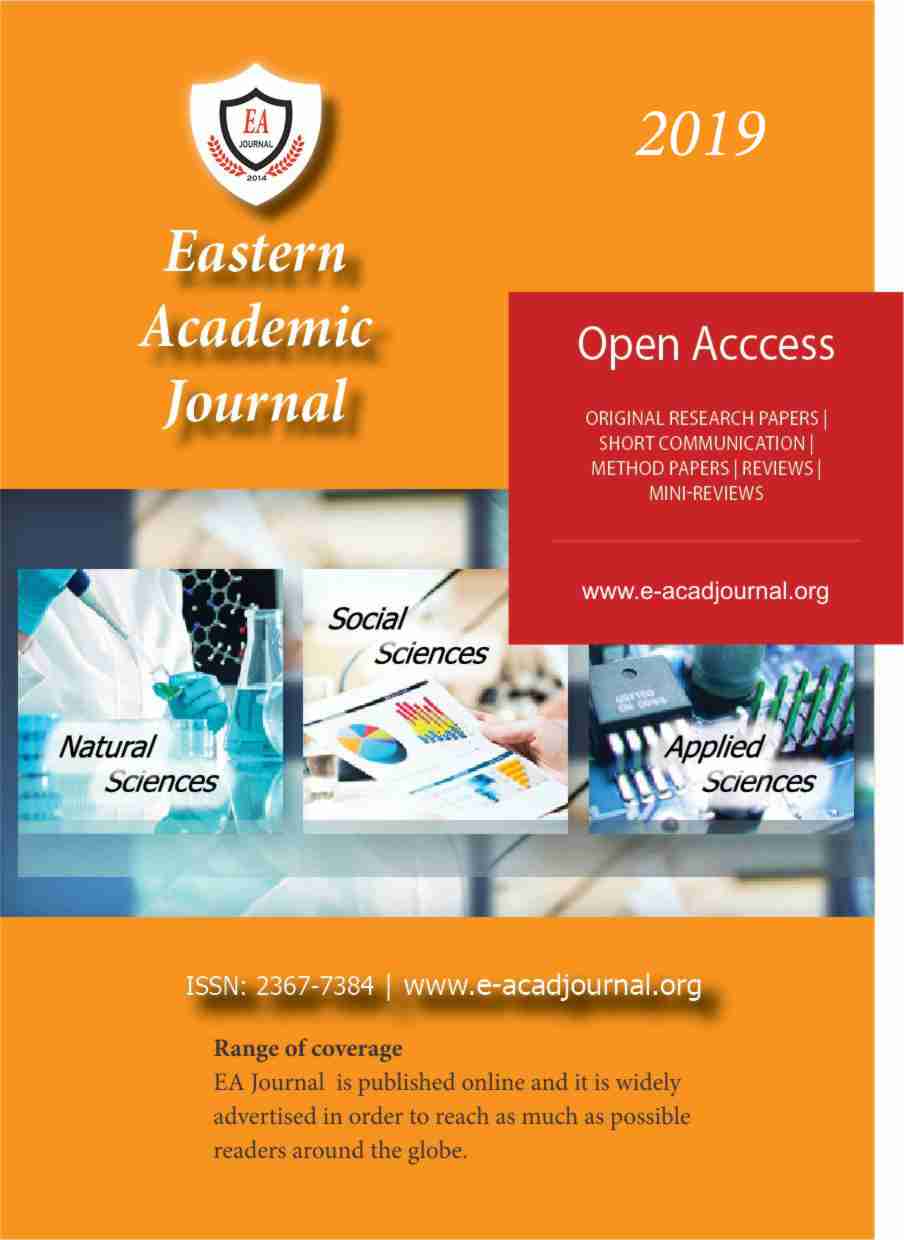ATTITUDES TOWARD DEMOCRACY AND EU IN TRANSITIONAL SOCIETIES: THE BULGARIAN CASE
ATTITUDES TOWARD DEMOCRACY AND EU IN TRANSITIONAL SOCIETIES: THE BULGARIAN CASE
Author(s): Daniela PastarmadzhievaSubject(s): Politics / Political Sciences, Political Sciences
Published by: Миракъл - А
Keywords: Bulgaria; democracy; European Union; Euroscepticism; transition
Summary/Abstract: In 1989, like other countries from Central and Eastern Europe, Bulgaria began its transition to democracy. It started with enthusiasm and great expectations, which later led to disappointment and blaming the democracy for every negative situation, both on personal and national level. In 2007 Bulgaria became member of the EU, which gave the society a new hope for better life, especially in its financial and economic dimensions. Nevertheless, some challenges for the EU of the last few years have been leading to a rise of Euroscepticism. Thus, the purpose of the paper is to examine the transformation of the attitudes toward democracy and the EU since Bulgaria became member of the Union. The data used is from EIU Democracy Index and Standard Eurobarometer. The raw data of the Standard Eurobarometer from 2007 and 2017 was used and the results for Bulgaria were compared and analyzed. Alongside, the results from 2017 were compared to the results of the three most democratic countries in the EU (according to EIU Democracy Index). The results indicate that the share of Bulgarians with positive attitudes toward EU decreased but in many aspects Bulgarians share opinions very close to the countries who are ‘full democracies’.
Journal: Eastern Academic Journal
- Issue Year: 2019
- Issue No: 3
- Page Range: 33-56
- Page Count: 23
- Language: English

